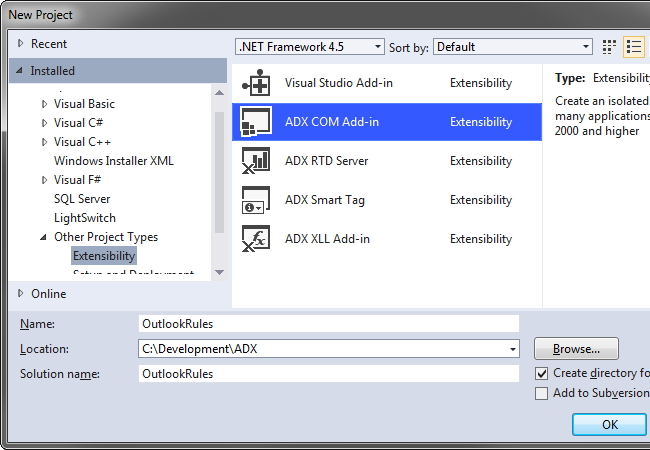C is a MUST for students and working professionals to become a great Software Engineer. I will list down some of the key advantages of learning C: C is very close to hardware, so you get a chance to work at a low level which gives you lot of control in terms of memory management, better. Arrays allow to define type of variables that can hold several data items of the same kind. Similarly structure is another user defined data type available in C that allows to combine data items of different kinds. Structures are used to represent a record. Suppose you want to keep track of your.

- C Programming Tutorial
- C Programming useful Resources
Read Pst File

- Selected Reading
Pointers in C are easy and fun to learn. Some C programming tasks are performed more easily with pointers, and other tasks, such as dynamic memory allocation, cannot be performed without using pointers. So it becomes necessary to learn pointers to become a perfect C programmer. Let's start learning them in simple and easy steps.
As you know, every variable is a memory location and every memory location has its address defined which can be accessed using ampersand (&) operator, which denotes an address in memory. Consider the following example, which prints the address of the variables defined −
When the above code is compiled and executed, it produces the following result −

What are Pointers?
A pointer is a variable whose value is the address of another variable, i.e., direct address of the memory location. Like any variable or constant, you must declare a pointer before using it to store any variable address. The general form of a pointer variable declaration is −
Here, type is the pointer's base type; it must be a valid C data type and var-name is the name of the pointer variable. The asterisk * used to declare a pointer is the same asterisk used for multiplication. However, in this statement the asterisk is being used to designate a variable as a pointer. Take a look at some of the valid pointer declarations −
The actual data type of the value of all pointers, whether integer, float, character, or otherwise, is the same, a long hexadecimal number that represents a memory address. The only difference between pointers of different data types is the data type of the variable or constant that the pointer points to.
How to Use Pointers?
There are a few important operations, which we will do with the help of pointers very frequently. (a) We define a pointer variable, (b) assign the address of a variable to a pointer and (c) finally access the value at the address available in the pointer variable. This is done by using unary operator * that returns the value of the variable located at the address specified by its operand. The following example makes use of these operations −
When the above code is compiled and executed, it produces the following result −
NULL Pointers
It is always a good practice to assign a NULL value to a pointer variable in case you do not have an exact address to be assigned. This is done at the time of variable declaration. A pointer that is assigned NULL is called a null pointer.
The NULL pointer is a constant with a value of zero defined in several standard libraries. Consider the following program −
When the above code is compiled and executed, it produces the following result −
In most of the operating systems, programs are not permitted to access memory at address 0 because that memory is reserved by the operating system. However, the memory address 0 has special significance; it signals that the pointer is not intended to point to an accessible memory location. But by convention, if a pointer contains the null (zero) value, it is assumed to point to nothing.
To check for a null pointer, you can use an 'if' statement as follows −
Pointers in Detail
Pointers have many but easy concepts and they are very important to C programming. The following important pointer concepts should be clear to any C programmer −
| Sr.No. | Concept & Description |
|---|---|
| 1 | Pointer arithmetic There are four arithmetic operators that can be used in pointers: ++, --, +, - |
| 2 | Array of pointers You can define arrays to hold a number of pointers. |
| 3 | Pointer to pointer C allows you to have pointer on a pointer and so on. After our trial and test, the software is proved to be official, secure and free. PDF Reader. |
| 4 | Passing pointers to functions in C Passing an argument by reference or by address enable the passed argument to be changed in the calling function by the called function. |
| 5 | Return pointer from functions in C C allows a function to return a pointer to the local variable, static variable, and dynamically allocated memory as well. |